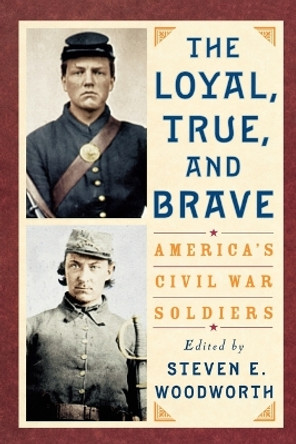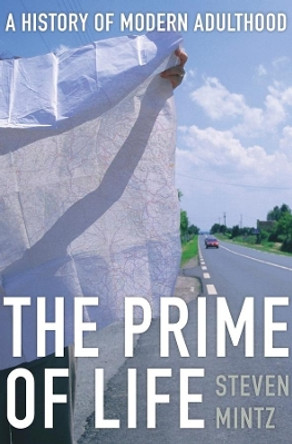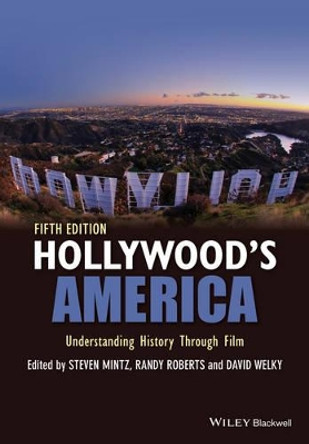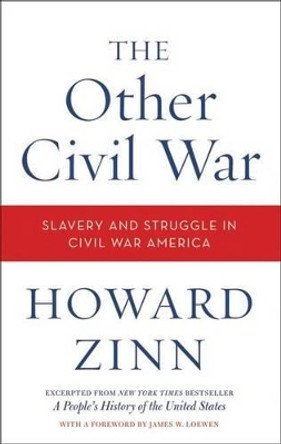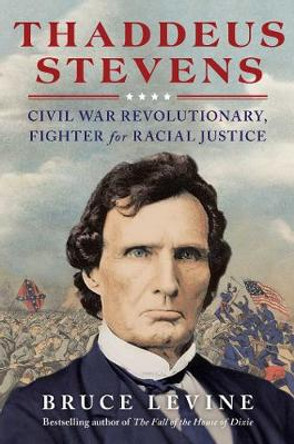The decades before the Civil War saw the first secular efforts in history to remake society through reform. Reformers launched unprecedented campaigns reform criminals and prostitutes, to educate the deaf and the blind, guarantee women's rights, and abolish slavery. Our modern systems of free public schools, prisons, and hospitals for the mentally ill are all legacies of this era. Moralists and Modernizers tells the fascinating story of America's first age of reform-combining incisive portraits of leading reformers and movements with perceptive analysis of religion, politics, and society. Arguing that the reform impulse grew out of the era's peculiar mix of fear and hope, Steven Mintz shows that reform arose not only from fears of social disorder, family fragmentation, and widening class divisions, but also from a millennialist sense of possibility rooted in new religious and philosophical ideas. He then examines three distinct responses to pre-Civil War America's pressing social problems. Moral reform sought to create a Christian moral order using moral suasion. Social reform combatted poverty, crime, and ignorance through new institutions offering non-authoritarian forms of social control. Radical reform sought to regenerate American society by eliminating fundamental sources of inequality such as slavery and racial and sexual discrimination. In an epilogue, Mintz fits antebellum reform into the larger context of America's liberal tradition. Mintz concludes that America's pre-Civil War reformers were at once moral critics and cultural modernizers. As exponents of a distinctly modern set of values, reformers attacked outmoded customs, smoothed the transition from a preindustrial to an industrial order, and devised modern bureaucratic systems of criminal justice, public education, and social welfare. The first comprehensive account antebellum reform to appear in twenty years, Moralists and Modernizers is a rich and rewarding work of synthesis and interpretation which draws upon the most recent historical research. "This book charts a middle ground between those who regard reform as a form of class-based social control and those who stress reformers' benevolent intentions. It emphasizes the duality of antebellum reform, which blended impulses toward social and moral uplift with impulses to impose new codes of personal conduct, shape character, and construct new institutions of social control."-from Moralists and Modernizers
About the AuthorSteven Mintz is professor of history at the University of Houston. His books include A Prison of Expectations: The Family in Victorian Culture and Domestic Revolutions: A Social History of American Family Life.
Reviews[A] well-written, attention-grabbing synethesis of the antebellum reform movement in the US... Mintz makes accessible to readers of all levels a good, solid historical study comparing all of these important movements. Choice This text stands tall, offering historical perspective to issues that still baffle the American people and demonstrating how perennial are the battles for equal justice and social transformation. Cross Currents: Religion and Intellectual Life
Book InformationISBN 9780801850813
Author Steven MintzFormat Paperback
Page Count 208
Imprint Johns Hopkins University PressPublisher Johns Hopkins University Press
Weight(grams) 295g
Dimensions(mm) 229mm * 152mm * 11mm



